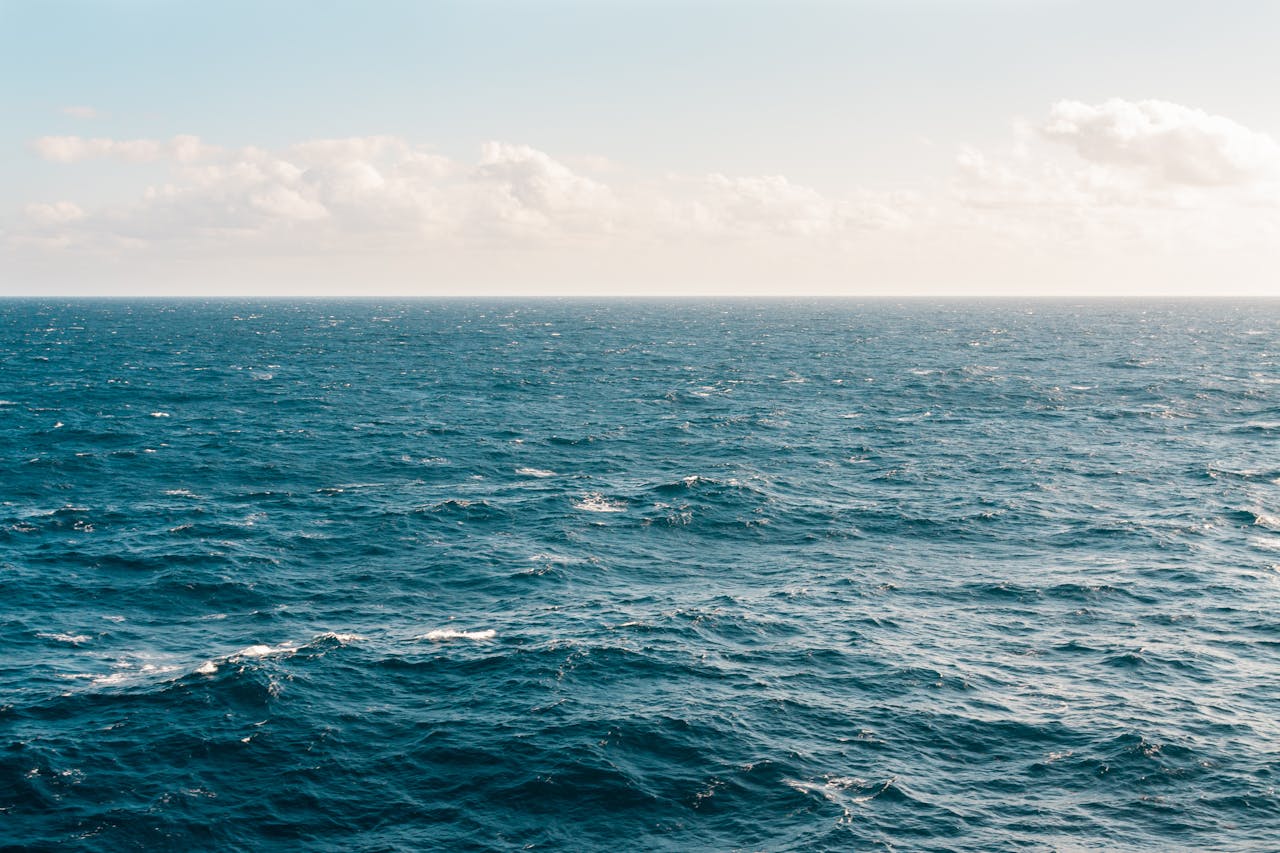On 9 June Volterra Fietta hosted the virtual seminar on “dispute resolution under UNCLOS”.
The disputes settlement system under the United Nations Convention on the Law of the Sea (“UNCLOS”) is one of the most complex and detailed dispute resolution systems in public international law. It offers a diverse mix of processes, including both consent-based processes as well as mandatory procedures. It also spans many different maritime issues, from maritime boundary delimitation to deep seabed mining and the prompt release of vessels. In this, the dispute settlement procedure is an integral part of UNCLOS and its outcomes shape the law of the sea. And with maritime disputes on the rise, the UNCLOS dispute resolution system is likely to take on an even more prominent role in the near future.
This timely seminar addressed various aspects of the UNCLOS dispute resolution system. It discussed, among other topics, creativity in such dispute settlement, clarification of the law of the sea through dispute settlement, influencing dispute settlement under UNCLOS, comparisons between the different dispute settlement mechanisms under UNCLOS and how the dispute settlement system might be used to interpret UNCLOS in light of technological developments.
Our distinguished panel of speakers included:
Professor Natalie Klein, Professor at UNSW Sydney’s Faculty of Law, Australia, and Australian Research Council Future Fellow. Professor Klein is the President of the Australian Branch of the International Law Association. She previously was the Dean of Macquarie Law School at Macquarie University, where she also served as Acting Head of the Department for Policing, Intelligence and Counter-Terrorism. Professor Klein has also worked in the international litigation and arbitration practice of Debevoise & Plimpton LLP, served as counsel to the Government of Eritrea and was a consultant in the Office of Legal Affairs at the United Nations. She is the author of “Dispute Settlement in the UN Convention on the Law of the Sea” and co-author with Kate Parlett on the forthcoming monograph “Judging the Law of the Sea: Judicial Contributions to the UN Convention on the Law of the Sea” as well as many other books and articles on the law of the sea and other areas of public international law.
Professor Sean D. Murphy, Manatt/Ahn Professor of International Law at the George Washington University Law School in Washington, D.C. Professor Murphy is a member of the UN International Law Commission, where he serves as Special Rapporteur for Crimes against Humanity. Previously, Professor Murphy served as legal counsellor at the U.S. Embassy in The Hague, arguing several cases before the International Court of Justice, and as U.S. agent to the Iran-U.S. Claims Tribunal. He has also served in the U.S. Department of State Office of the Legal Adviser. Professor Murphy has represented several countries in international courts and tribunals. He has been an arbitrator in inter-State and investor-State arbitrations and is currently an ad hoc judge at ITLOS.
Judge Tomas Heidar, Member and Vice-President of the International Tribunal for the Law of the Sea (“ITLOS”). Judge Heidar is also member of the ITLOS Special Chamber formed to deal with the Dispute concerning delimitation of the maritime boundary between Mauritius and Maldives in the Indian Ocean and has been the President of the ITLOS Chamber for Fisheries Disputes. He is also Conciliator and Arbitrator under UNCLOS Annexes V and VII. Judge Heidar is the Director of the Law of the Sea Institute of Iceland and Co-director and lecturer of the Rhodes Academy of Oceans Law and Policy. He lectures at the University of Iceland and many other universities and institutions around the world, including University College London, Queen Mary University of London, the British Institute of International and Comparative Law, the Yeosu Academy of the Law of the Sea and the IFLOS Summer Academy. Judge Heidar previously served as Legal Adviser of the Ministry of Foreign Affairs of Iceland, attaining the rank of Ambassador.
Professor Robert Charles Beckman, an Emeritus Professor in the Faculty of Law of the National University of Singapore (NUS), where he has taught for more than 40 years. He was the founding director of the Centre for International Law (CIL), a university-level research centre at NUS, and he currently heads its Ocean Law and Policy Program
Mr Gunjan Sharma, Partner at Volterra Fietta. Mr Sharma has represented States before the ICJ, represented investors and States in investor-State arbitrations and been counsel to clients before numerous US courts. He has served as an expert witness on behalf of a State on matters of sovereign immunity, public international law and administrative law. He also counsels clients, including States, on maritime and territorial disputes and UNCLOS. He has advised States as legal counsel during treaty negotiations and on boundary delimitation matters. In 2020, the Legal 500 listed Mr Sharma under the “Rising Star” category for public international law. The same publication noted that peers and clients referred to him as a “future star in the public international law area for sure”.
This event will be moderated by Ms Florentine Vos, Senior Associate at Volterra Fietta. Ms Vos advises States, international organisations and private clients on issues of public international law and international dispute settlement, including before the International Court of Justice and in investor-State arbitration. Her expertise covers a wide array of public international law topics, including the law on the sea, such as dispute resolution under UNCLOS, maritime boundary delimitation and deep seabed mining.



